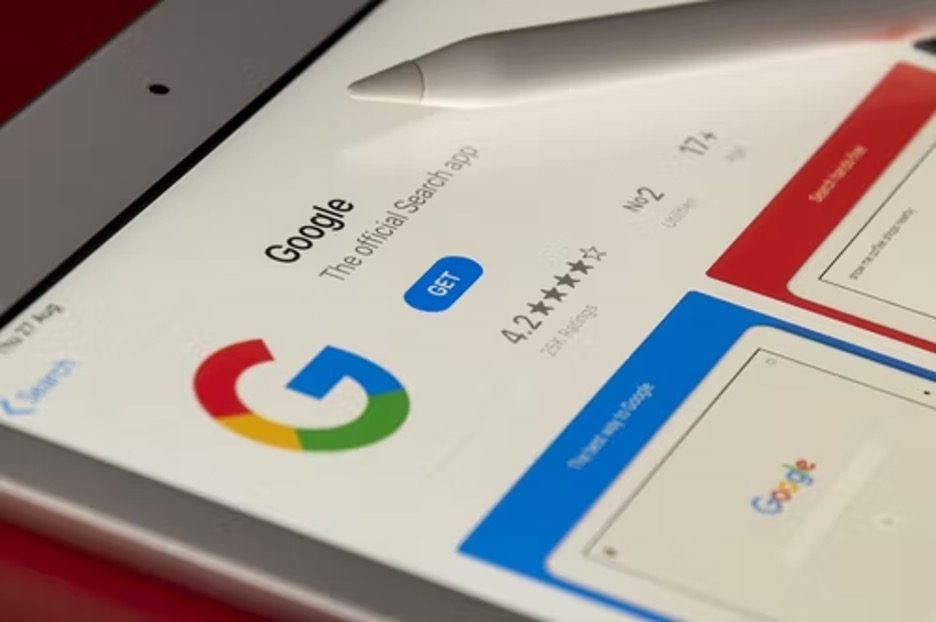Keyword Cannibalisation and How to Fix It
November 6, 2023
When people want to find something in today’s world of modern technology, they simply grab their phone and search.
Using a search engine is a quick and accurate way for any user to find the exact answers they are looking for. And it all begins with the right keywords.
When you overdo your keywords, however, this is when keyword cannibalisation occurs.
What is a Keyword cannibalisation?
Keyword cannibalisation is one common problem in SEO. And it’s easy to spot one!
When two or more pages on your website have the same target keyword and appears for the same searches is called keyword cannibalisation. As a result, it will have difficulty ranking.

Source: https://unsplash.com/photos/c4aT8MfEzdw
**Why Is Keyword Cannibalism Bad For SEO?**
Keyword cannibalism is bad for SEO because when multiple pages are competing for the same keyword, they split up the “power” you have earned. As a result, every page targeting the same keyword becomes less visible in Google search.
Every SEO specialist must need to know how cannibalisation affects your strategies with fluctuating rankings and lost traffic.
Here’s what keyword cannibalisation does to your site:
Wastes your crawl budget: A crawl budget is the number of times a search engine bot will crawl your website at a particular time. When you have multiple pages targeting the same keyword may result to incorrect pages being indexed.
Devalues your most relevant pages: Keywords are important factors in helping Google understand what your page or your entire site is about. If majority of your pages are targeting the same keyword, Google won’t know which page to rank for your audience. You will end up with having less web traffic.
Reduces the authority of your page: Instead of having one high-authority page, you are splitting your “power” across multiple pages. In other words, you are fighting yourself for the top ranking spot, which means that your website rankings might only ever be either average or poor.
Harms page quality: Those pages affected by keyword cannibalisation will give your audience a wrong impression that you are simply stretching your content pretty thing. In the end, this will stop you from getting the right attention your website deserves.

Source: https://unsplash.com/photos/OMhubJCrtu0
How To Identify Keyword Cannibalisation
In general, detecting keyword cannibalisation is not particularly difficult. Possible keyword cannibalisation issues on your website might be found pretty quickly. This problem might be found in a comprehensive SEO audit of your website.
Here are three simple methods you can use to easily detect keyword cannibalisation:
1. Using your website search widget
If you search for keywords you believe to be competitive, you can discover that more than one URL will come up.
2. Use the “SITE:” command
There are other commands that can be used with Google’s fundamental features to examine websites. For instance, you can find your indexed pages using SITE command:
site: yourwebsite.com
You will also view the material from that domain if you include the following search word or key phrase in quotes:
site: yourwebsite.com + “keyword”
The outcome will show you a SERP made up of all of that domain’s indexed URLs that compete with one another for a position in the same search and share the cited keyword.
Now that it falls under your own standards, you should carefully consider whether the content on these pages could be satisfying the user’s needs.
3. Using Google Search Console
You can spot keyword cannibalisation if your website is registered with Google Search Console.
Just follow these simple steps:
- Login into your account. Then, go to “Search traffic > Search analytics”.
- Select the keyword you want to examine for cannibalisations from the list of keywords displayed below the graph.
- From here, select “Pages” from the menu. You will be shown the URLs that keyword is ranking for in this manner.
- If it’s ranking for two or more other pages on your site, then you are experiencing keyword cannibalisation.
How do I Fix Keyword Cannibalisation?
Merge Content
If you have two or more pages on your site that is sharing the same content topic or idea, you may want to merge them into a single page.
Merging content will make it easy for you and at the same time increase your site’s search engine optimization. However, this fix does not necessarily work for every situation.
Delete Content
If it’s no longer relevant to your website, you may want to delete the entire content. If your website has grown, and somehow that older blog post using certain keywords continues to rank than your preferred page, then delete the content.
Remove Keywords
Removing a keyword is always a possibility if you wish to keep some specific content for other reasons and its presence isn’t essential. Although manual solutions are typically longer and more laborious, this method has the advantage of being very straightforward and simple to use.
Page Removal and 301 Redirects
After you’ve done your best to de-optimize the content of one page, consider whether the duplicate product pages truly address the same topic.
Search engines look for topics that are of interest to them. If several pages on your site are topically identical, you may want to exclude certain sites that are targeting the same keyword.
This simple step ensures that you no longer have a 404 page and that all internal link juice flows naturally.
If the content on the page you redirected is good, consider adding it to the page that is receiving the redirect.
Use canonicals
Canonical tags are frequently confused with noindex tags, so people are hesitant to use them on their site. However, when used correctly, a canonical tag can be an excellent tool for reducing keyword cannibalisation.
By adding a canonical tag from one page to the other, you’re telling Google that, while there is some content duplication and similarity between the two, the more important page is the one you chose.
So rank that one, instead.
Canonical tags will give preference to the page of your choice where keyword cannibalisation occurs in some areas of the content of two or more different pages.
Conclusion
Good content will always be the most important factor in achieving a good ranking, and avoiding keyword cannibalisation will allow you to better highlight your intended content and get the attention it deserves.
To find out more about, please contact us










